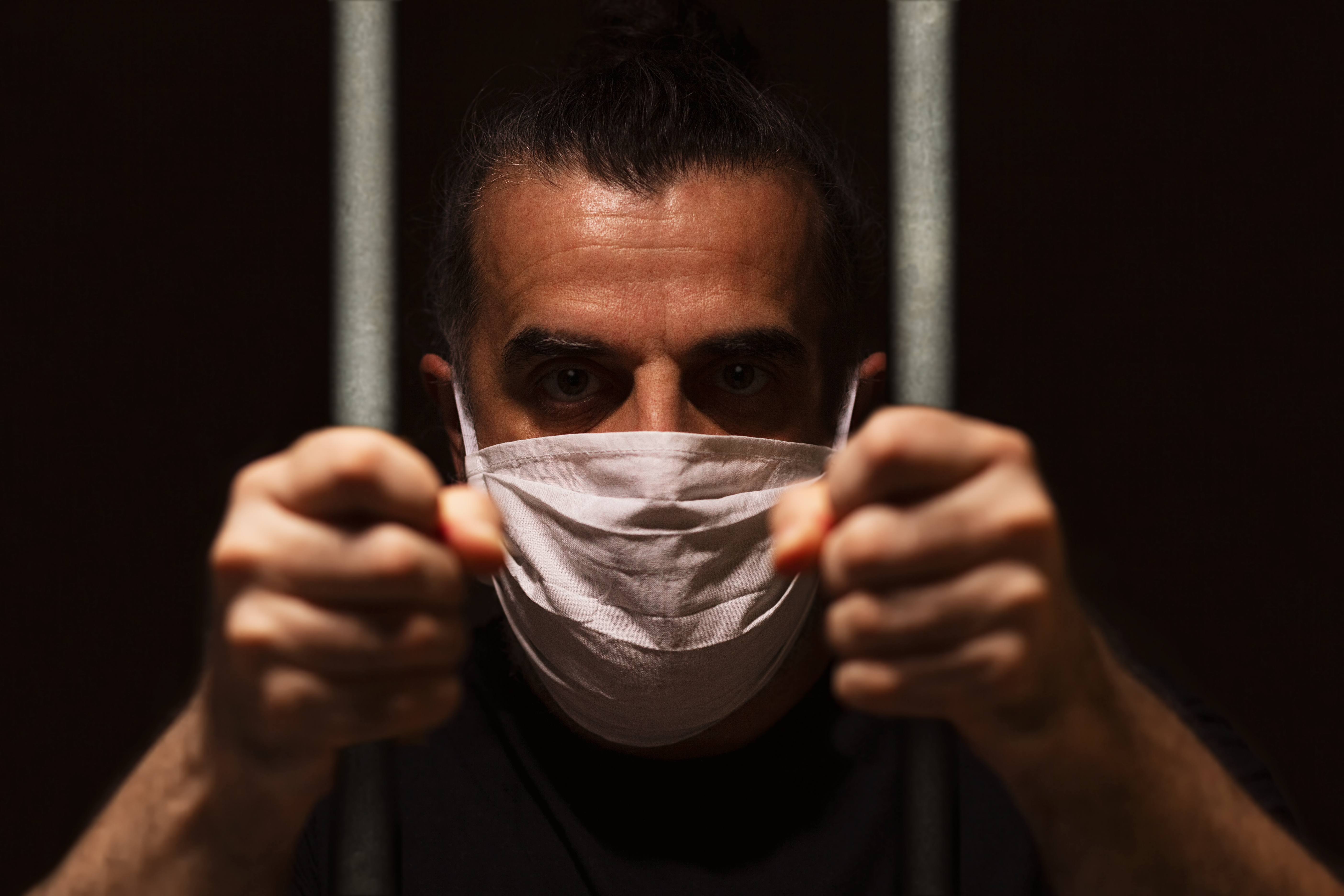Share This Article
ArrayBy Poppy Morandin.
There are reportedly 70 inmates in lockdown within Silverwater Correctional Complex after coming into close contact with a staff member who has tested positive for COVID-19.
Within their advocacy efforts, The Greens have issued an open letter to Anthony Roberts, Minister for Corrections detailing the “significant concerns…about the lockdown at Silverwater and other facilities where actions allegedly to protect inmates have significantly limited their contact with families, legal teams and psychologists.”
It is reported that impacted inmates have been barred from having visits from legal representation, and even from making phone or video calls to their families and loved ones for at least two weeks.
“It is hard to see how completely cutting off their contact is necessary and what risk is posed by phone calls for instance…This is completely antithetical to supporting the rehabilitation for inmates and constitutes additional punishment above the deprivation of their liberty.” said David Shoebridge, Greens MP.
Worryingly, families have expressed concerns that they have received no information about what is happening inside the complex.
The Greens have urged for information to be provided to the families of the inmates impacted by the lockdown, as well as for video and phone calls to be reinstated.
In Melbourne, two COVID-19 cases within staff of the custody centre underneath Melbourne Magistrates’ Court prompted those being remanded to be relocated to other facilities.
A number of active cases have furthermore been confirmed in prisons and youth detention facilities, including Parkville Youth Justice.
At the beginning of April as concerns began to emerge regarding the risk posed by the COVID-19 pandemic within prisons, the Greens wrote to Attorney General Mark Speakman, and Commissioner for Corrective Services Peter Severin.
“Given prisons across NSW are significantly over capacity and social distancing is all but impossible in double up and triple up cells and in newly constructed dormitory style prisons. Many believe…it is necessary to begin this release process now.
“Waiting until significant outbreaks occur will see infections out of control in prisons with inmates and staff at risk. This would also very quickly overwhelm the prison health services and lead to even more pressure on our public hospitals.” explained the open letter.
These calls have been echoed by many advocates who are concerned of large-scale outbreaks in jails.
Positively in light of such risks, the NSW Bureau of Statistics has reported that the NSW Prison population has declined by 11% in response to the threat of COVID-19.
The youth detention population has also declined by 27% from February to June 2020.
“The fall coincided with the ramp-up of COVID-19 mitigation strategies in the community and within the justice system.” said Jackie Fitzgerald, Executive Director, BOCSAR.
This can be majorly contributed to a reduction in the number of people on remand waiting for court dates.
This reduction follows less charges laid by police, more favourable bail decisions by both police and courts, and further numbers released from remand, to wait for their court case in the community.
“The community lockdown saw falls in many crime categories which led to fewer charges. In addition, operational changes within the justice system have had an impact, including the postponement of court cases, changes in bail decisions and the release of people on remand.” continued Fitzgerald.
“When individuals are being sentenced but given an intensive corrections order or another form of community based sentence such as a bond, rather than going to prison…and where individuals are being released on bail rather than keeping the prisons busy…this may at the end of COVID-19 favour more of a relaxed approach both to sentencing and to bail decisions.” commented Kieran Ginges, criminal law barrister.
The Communicable Disease Network Australia has further updated its national guidelines regarding outbreaks in Correctional and Detention Facilities asserting that “unaffected vulnerable inmates who are at risk of severe COVID-19 disease should be separated from those who may have been exposed…other measures to protect vulnerable inmates include early release or alternative accommodation.”
“This particularly applies to inmates considered suitable for early release and youth.”
Any questions? Please get in touch with our criminal defence lawyers in Sydney. We offer a free consult.
Book a Lawyer Online
Make a booking to arrange a free consult today.
Call For Free Consultation
Call Now to Speak To a Criminal Defence Lawyer
Over 40 Years Combined Experience
Proven SuccessAustralia-Wide
Experienced LawyerGuarantee
 (02) 8606 2218
(02) 8606 2218
 (02) 8606 2218
(02) 8606 2218














